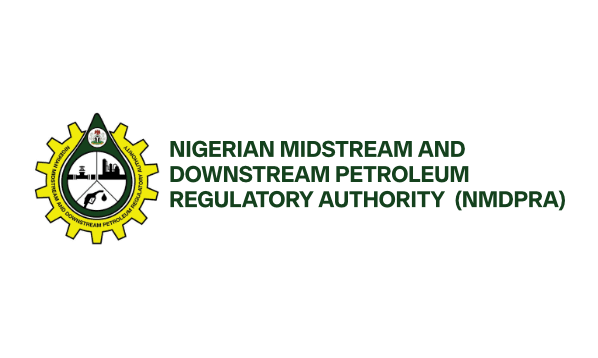The Nigerian Midstream and Downstream Petroleum Regulatory Authority (NMDPRA) has commenced a major step toward strengthening environmental safety in the petroleum sector by initiating a stakeholders’ consultation on the proposed 2025 Midstream and Downstream Petroleum Safety and Environmental Regulations. The new regulation consolidates and amends existing frameworks to address issues such as the improper abandonment of filling stations, which pose significant environmental threats, particularly groundwater contamination.
At the forum held in Abuja, NMDPRA’s Secretary and Legal Adviser, Dr. Joseph Tolorunse, explained that the proposed regulation merges three existing rules introduced in 2023—Borders of Safety, Abandonment and Decommissioning, and Environmental Regulations into a single, streamlined framework. This consolidation, according to him, aligns with international best practices and is designed to make compliance and enforcement more straightforward for stakeholders.
A key focus of the 2025 regulation is the proper decommissioning and abandonment of filling stations. Tolorunse revealed that some retail station operators have expressed resistance to including downstream facilities such as filling station in the abandonment guidelines. However, the Authority is standing firm on the need to include them, citing serious environmental risks. He stressed the importance of developing proper protocols to prevent underground water contamination when these facilities are closed or abandoned.
“Some stakeholders feel that the abandonment regulation should be limited to midstream facilities,” Tolorunse noted. “But if we’re going to abandon a filling station, it must be done properly to avoid groundwater contamination.”
He added that the consultation is also an opportunity to amend and harmonize previous regulations, making it easier for operators to navigate the legal framework while reducing regulatory duplication. Drawing examples from countries like Norway, where regulatory systems are streamlined into just one or two comprehensive documents, he emphasized that Nigeria is shifting toward a more efficient model of industry self-regulation.
In his opening remarks, the Chief Executive of NMDPRA, Engr. Farouk Ahmed—represented by Executive Director of Distribution Systems, Storage, and Retailing Infrastructure, Ogbugo Ukoha—highlighted that the forum fulfills the requirements of Section 216 of the Petroleum Industry Act (PIA) 2021. The Act mandates broad stakeholder engagement before finalizing any regulations.
Engr. Ahmed explained that Section 33 of the PIA empowers the Authority to regulate all midstream and downstream petroleum operations, and that the proposed 2025 safety regulation will reduce complexity, eliminate inconsistencies, and improve regulatory compliance. He added that the framework will be aligned with other existing rules such as the 2024 Midstream and Downstream Petroleum Fees Regulations, which outline applicable charges for industry activities.
The consultation marks a significant step in NMDPRA’s efforts to modernize and reinforce environmental oversight in Nigeria’s petroleum sector. With growing concern over abandoned infrastructure and environmental degradation, the Authority’s move to establish a unified, enforceable, and stakeholder-informed regulation signals its intent to drive a cleaner, safer, and more sustainable industry.










